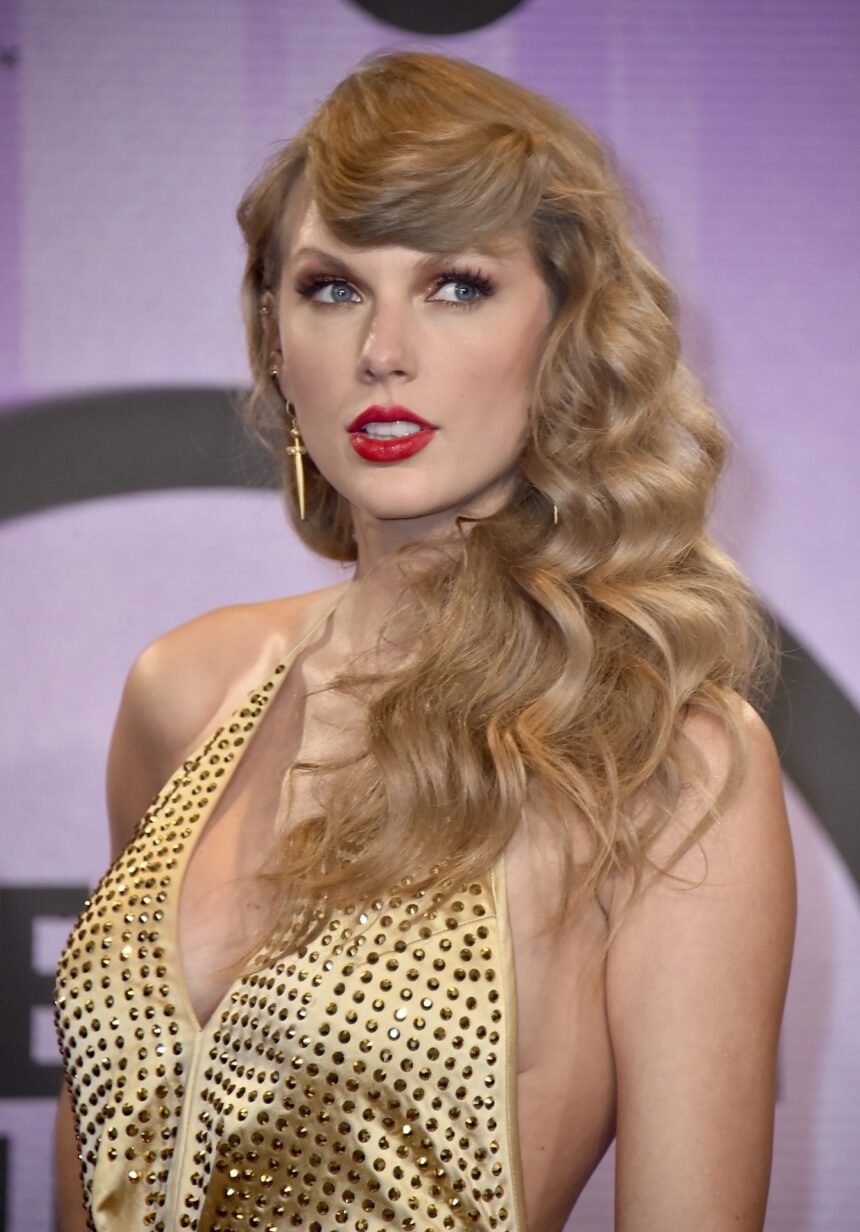There appear to be two distinct realms when it comes to cancel culture. The actual world is the one in which regular people live and words and deeds have real-world repercussions. And then there’s the celebrity world, which seems to be run by forces akin to McCarthy’s with pitchforks in hand, just waiting to wreck the lives of influential people. Never mind that only a small number of people have truly had their lives “ruined” by public criticism and that those who have—Harvey Weinstein and Bill Cosby, for example—have likely suffered what may be considered appropriate legal repercussions. However, even the biggest stars in the world, like Taylor Swift, fear being canceled—celebrities with seemingly impeccable morals. She was awarded Time’s Person of the Year on Wednesday, even though, in her own words, she was once “canceled within an inch of my life and sanity.”
The infamous 2016 discussion between Taylor Swift and Kanye West that was leaked is brought up, and Swift has since called it “a fully manufactured frame job, in an illegally recorded phone call, which Kim Kardashian edited and then put out to say to everyone that I was a liar.” Swift describes 1989 as “an imperial phase,” and the leak on the alleged “National Snake Day” put an aggressive stop to the straightforward success she had after it, starting a global movement known as “#TaylorSwiftIsOver.”
Swift has admitted to having been personally impacted by being the target of such a strong, coordinated hate campaign over the years. “It’s a very isolating experience, being publicly shamed in front of millions of people saying you’re canceled,” the artist stated in 2019. It’s not a TV show when you claim someone is canceled. It is an individual human. You’re bombarding this person with messages telling them to stop talking, go away, or possibly even kill themselves.
She says it again, “That took me down psychologically to a place I’ve never been before,” to Time. I relocated to another nation. It took me a year to move out of a rental home. I was terrified to pick up the phone. I stopped trusting people, therefore I turned away the majority of the individuals in my life. I took a really, extremely bad fall. It’s reasonable to say that bullying in the media, whether social or otherwise, has a measurable negative psychological impact. Swift adds, meanwhile, that she felt as though her cancellation was a “career death.” “Make no mistake—my career was taken away from me,” she exclaims.
But was it not? Sam Lansky of Time notes that Swift’s first single following the controversy, “Look What You Made Me Do,” became a number-one chart smash, which should be obvious to readers if not to Swift herself at the time. In its first week of release, her subsequent album, Reputation, sold over a million copies, ranking second only to 1989 at the time. A critically acclaimed Netflix concert video was born out of the record-breaking stadium tour that followed the release of the album. She experienced no discernible form of ban, boycott, or censorship, and she has only continued to soar to ever-higher career peaks of success and renown than perhaps any other person in popular culture.
Therefore, no, Swift’s career doesn’t appear to have ever been “taken away.” She endured unjust treatment, harassment, and bullying. However, she kept her record deal, her fan base, and her income (albeit she did lose the rights to her records, but that’s a different story and one in which she also triumphs). Swift is eligible to experience the horrible online hate if being canceled entails it. It’s difficult to dispute that Swift encountered real career losses if being canceled entails such things.
Is it significant that Swift claims to have been canceled even if she wasn’t? Maybe not, according to Lansky, at least not in the context of Swiftieism: “The point is: she felt canceled.” She had the impression that her career had been stolen. Whether or whether those emotions are grounded in fact, they have influenced Swift’s current career approach. She asserts, “Nothing is permanent.” “I’ve had this taken away from me before, so I’m very careful to be grateful every second that I get to be doing this at this level.”
However, it can be relevant to the current discussion around “cancel culture” and its existence. Words should have meaning, and if one of the most prominent and successful performers in the world can assert that they have been “canceled” without providing any solid evidence, perhaps being “canceled” isn’t as significant as it first appears. Swift and other well-known individuals’ obsession with cancelation is a reflection of their belief that success is equated with being liked or even adored. Being a celebrity takes support, and it might feel as though one’s livelihood is in jeopardy when that support is challenged.
Fortunately for those of us who like her work, Swift’s income is and was satisfactory. However, the public continues to struggle with how to hold powerful individuals accountable, and Hollywood is still unable to grasp what true accountability looks like. Thus, the people, with their hashtags and stone-throwing at giants, and the powerful, tilting at windmills and fixated on an idea that doesn’t exist, continue to exist in two very different universes. Nothing got canceled, and everything was painful.









